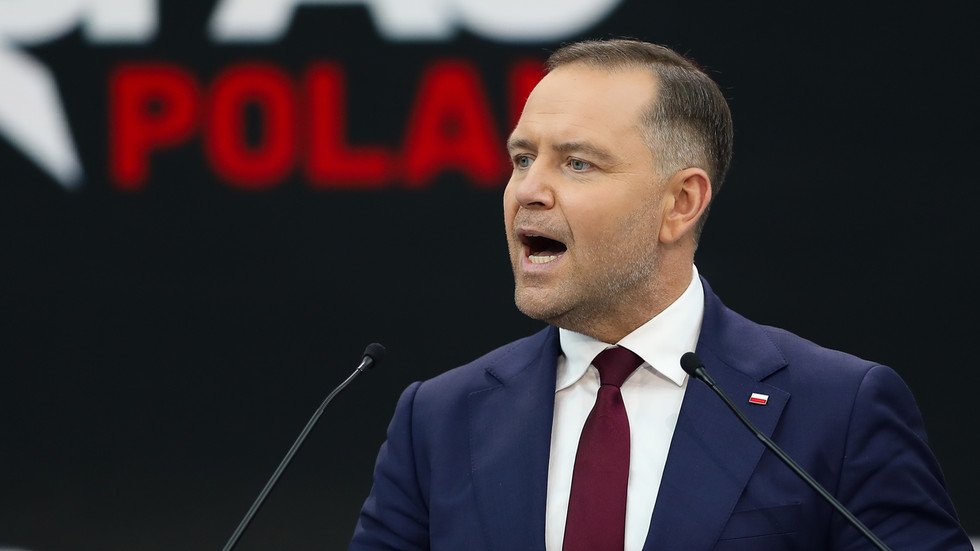The United Kingdom has halted the sharing of intelligence with the United States on suspected drug boats in the Caribbean, following the US’s initiation of lethal strikes on these vessels. According to reports by CNN and The Times, citing individuals familiar with the matter, this decision stems from the UK’s belief that such strikes are illegal under international law.
Since September, the US has reportedly killed at least 76 people in international waters as part of President Donald Trump’s campaign against what he terms “narcoterrorists” allegedly operating out of Venezuela. The UK’s stance on the matter is that it would not engage in such lethal actions without due process, instead opting for arrest and prosecution. A UK military source emphasized this approach, stating, “We don’t just target the vessel and kill people. We would arrest them.”
The UK had previously utilized intelligence assets based in its Caribbean territories to assist the US Coast Guard in intercepting vessels suspected of drug smuggling. This collaboration has now been suspended due to the UK’s disagreement with the US’s methods.
The United Nations’ top human rights official, Volker Turk, has condemned the US strikes as “extrajudicial killings.” Both Venezuela and Colombia have denied allegations that the individuals targeted were involved with cartels. Venezuelan President Nicolas Maduro has strongly rejected President Trump’s accusations that his government profits from the drug trade.
In response to the heightened tensions, President Trump has deployed a significant naval presence, including the aircraft carrier USS Gerald R. Ford, near Venezuela’s coast. While Trump denies seeking regime change, his actions have prompted Maduro to place Venezuela’s military on alert, vowing to repel any potential attack.
The situation underscores significant discrepancies in how nations approach the issue of drug trafficking and the use of force in international waters. The UK’s decision to halt intelligence sharing reflects deeper concerns about the legality and ethics of lethal strikes without judicial oversight. As tensions between the US and Venezuela continue to escalate, international scrutiny of these actions is likely to increase, with many awaiting further developments and potential consequences of these policies.



